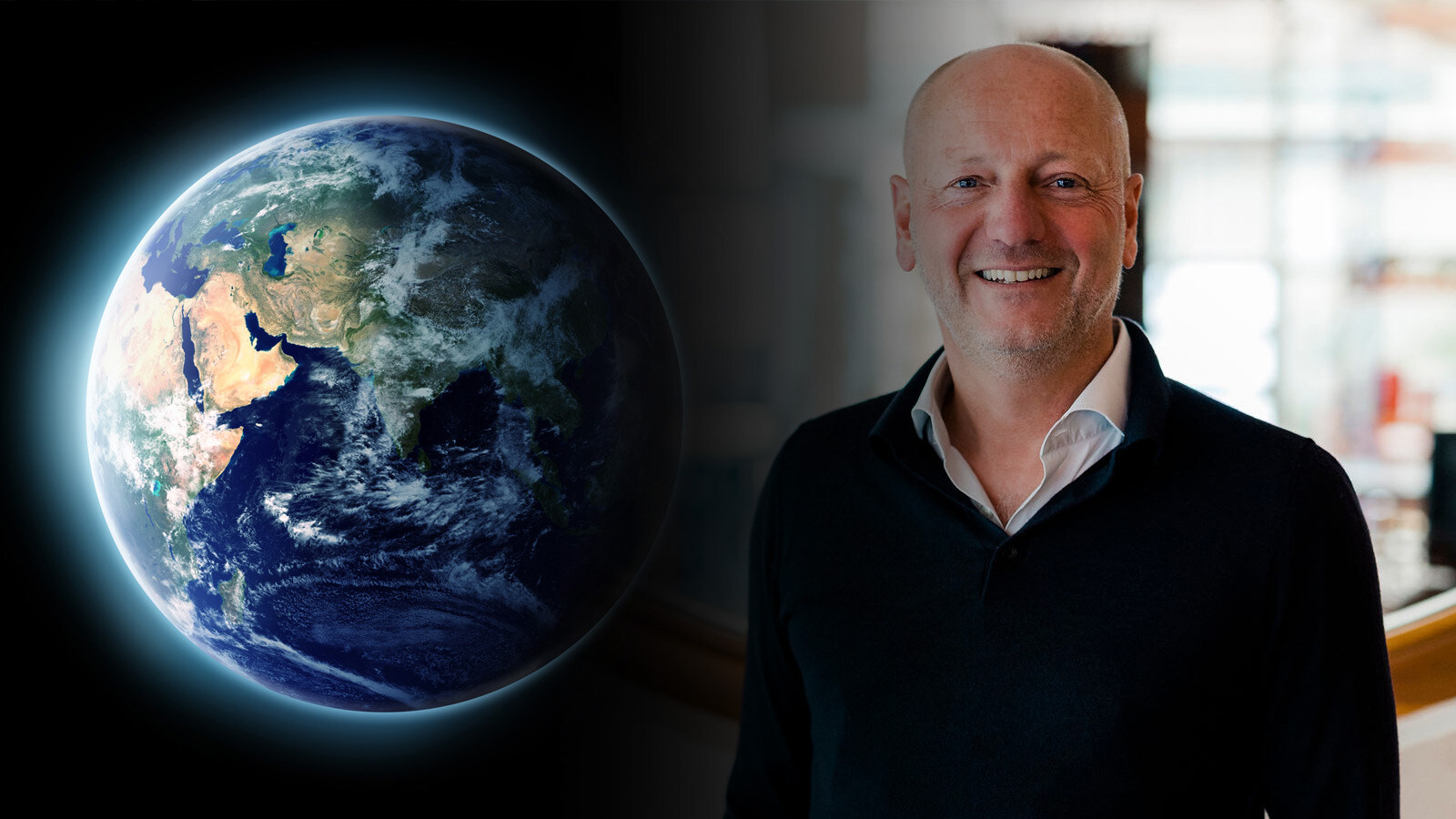Starting today, we on our planet are collectively living on credit. For August 1 is Earth Overshoot Day: the day of the year when humanity worldwide has consumed more natural resources than the earth can renew in that year. This painfully highlights the extent to which we are depleting the earth. Especially when you consider that this year we were allowed to record our national Overshoot Day on April 1. This is according to calculations by the Global Footprint Network.
In 1971, we as humanity first started living on credit from the Earth. Back then, Earth Overshoot Day was on December 25. Subsequently, we have seen this date steadily move to earlier in the year. A bright spot is the fact that in recent years the date has not moved any further, but has stuck around the beginning of August. We can be proud of this turnaround, but now the task is to definitively turn the tide and get Overshoot Day back towards December. Worldwide, this initiative is called #movethedate.
Now it seems out of the question that the earth is going to provide infinitely more natural resources all at once. So together we need to be more frugal with our resources, which includes handling our waste better and more consciously. We need to start seeing waste as a resource that has lost its way.
The key is to get a grip on waste and secure the raw materials we use for further use. And therefore not incinerate them. This is a responsibility for all of us. So shake up everyone you meet, including and especially your colleagues. Because where at home we take care to separate the waste and turn off the lights, at the office the waste sometimes ends up in one container and the air conditioning can really be turned off in rooms where no one is sitting.
These opportunities remain unexploited because awareness is lacking. The earth spins anyway and doesn't send a bill to pay interest as of August 1. When we make different choices with our wallets, companies do start to feel this scarcity. For example, we switch to another supplier when we notice unnecessary plastic used in packaging. And perhaps the concept of natural resources is very abstract. Then let's make it more concrete. Organizing, for example, a week without waste at work helps to raise awareness. Also, see what you yourself can do in this context. The filled cake I secretly buy at the gas station, I eat it on the fly, without a paper bag or plastic wrap. Why should I? I eat it right away anyway!
Another concrete action is separating waste at work. What you can do at home, you can do at work, right? Once separated, you can select the best processor for each waste stream. Waste thus becomes the raw material on its way to the next destination. The possibilities are endless, the techniques and innovations are bursting at the seams. You name it, you can do something with it. So you have waste, but you don't waste anything. You don't consume it, you use it. This process plays a crucial role in the transition to a circular economy, where the goal is to keep raw materials in use as long as possible and minimize waste. A great approach to shift Earth Overshoot Day together.
Of course, getting Earth Overshoot Day later in the year is a big effort. But know that small steps are also allowed. We don't have to get to December within a decade. However, ambitious we may, and should, be. Let's agree to move Dutch Overshoot Day from April 1 to May 1. This cannot go fast enough for me. We are inventive and innovative enough to get this done. We know what we have to do, now we have to do it.












